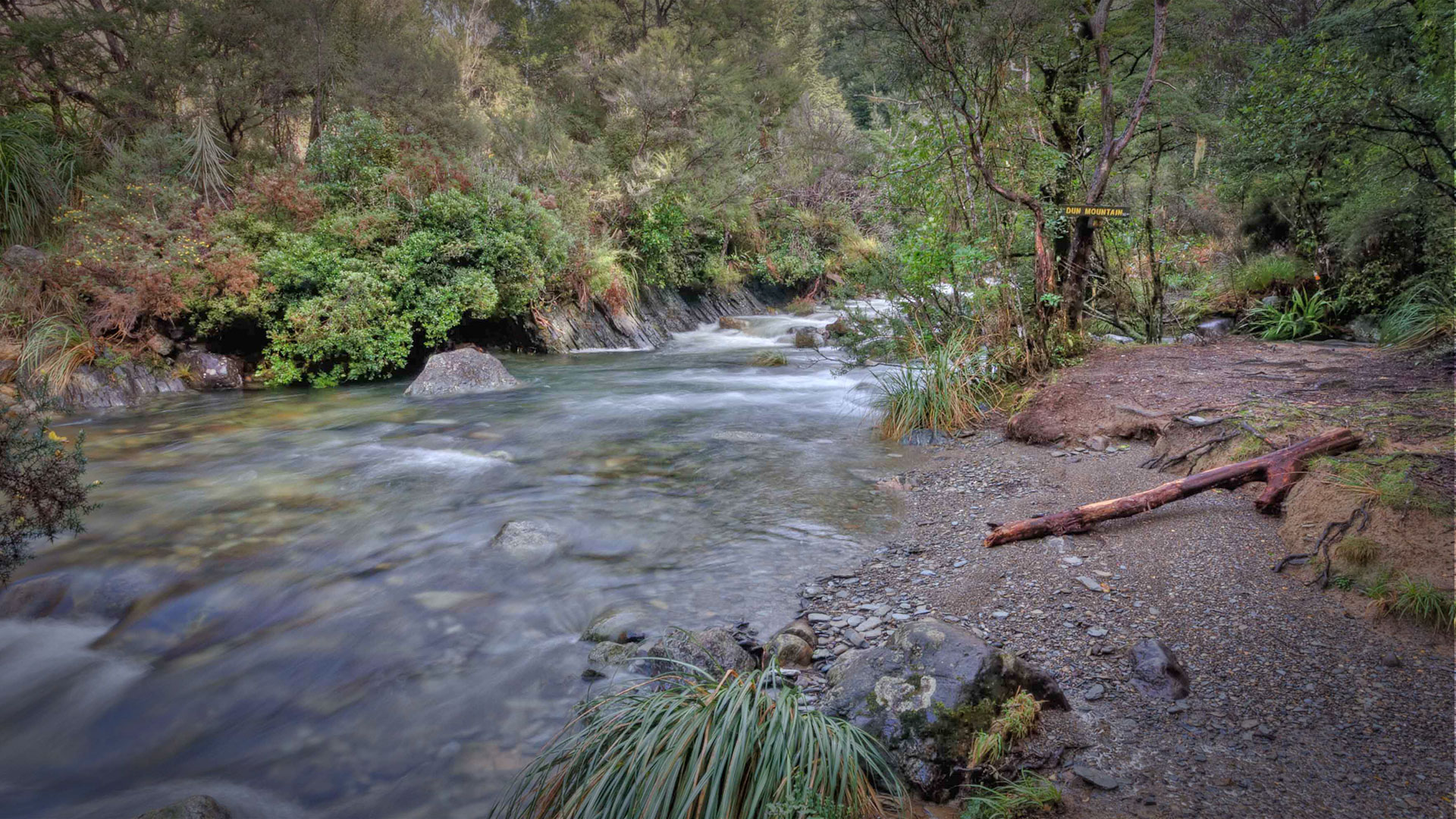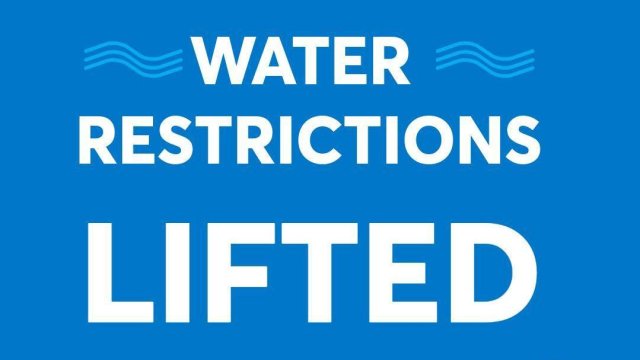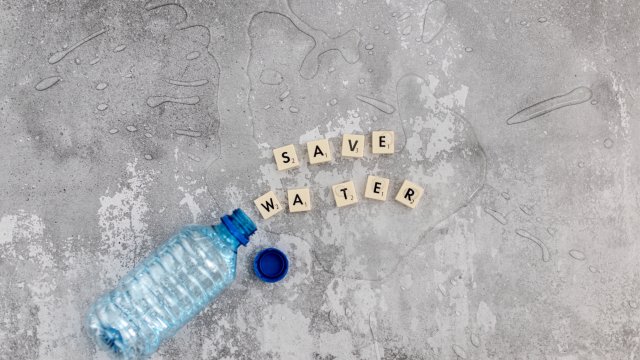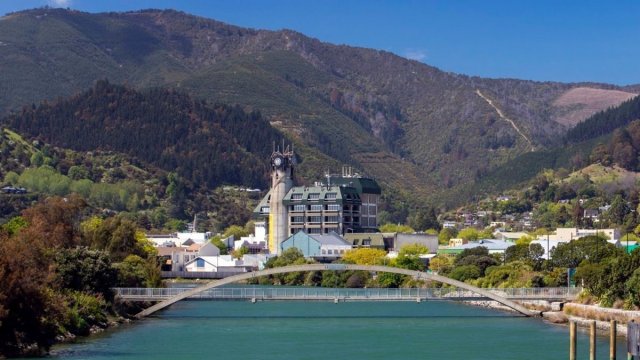Nelson residents adjacent to Champion Road move to Phase B water restrictions
13/02/2020 12:59pm
On Monday 17 February, Tasman District Council will impose the third and fourth stage of water restrictions for the different users on the Waimea Plains. This will mean Nelson residents living adjacent to Champion Road, where water is supplied from the Richmond Water Supply Scheme, will come under Phase B water restrictions.
Phase B water restrictions mean that:
YOU CAN’T...
- Water the lawn
- Fill or top up a pool, spa or water feature
- Use water for play
YOU CAN...
- Do outdoor washing (cars, windows, outdoor areas) with a hand held hose fitted with a trigger nozzle, water blaster or bucket
- Every other day you can: water flowers/trees (including listed trees) using only a hand held hose fitted with a trigger nozzle, timed watering systems or a bucket
- Every day you can: water your veggie garden and fruit trees with a hand held hose fitted with a trigger nozzle, timed watering systems or a bucket
These restrictions apply to all residential properties adjacent to Champion Road as follows:
- Childs Way
- Boysenberry Way
- Champion Road
- Daelyn Drive
- Fullford Drive
- Hill Street North
- Iti Lane
- John Sutton Place
- Joyce Place
- Kakano Lane
- Kapurangi Avenue
- Kingi Place
- Mako Street
- Marino Grove
- Marionberry Lane
- Ngati Rarua Street
- Taranaki Place
Nelson City Council draws the bulk of its water from the Roding River and the South Branch of the Maitai. At this stage, both these sources still have capacity. Water levels are also healthy at the Maitai dam.
However, at the current rate of water use and without any significant rainfall our own Stage One water restrictions could be introduced in Nelson sometime in the coming weeks. Council will keep Nelsonians informed of the latest situation with regular updates about our water supply.
Hot and dry weather is forecasted to continue over the coming month, so it’s never too early to conserve water. Council asks everyone to play their part and use water wisely.
Here are some water conservation tips:
In the garden
• Hand watering is the most efficient use of water.
• Water the garden only on calm days, during the evening or early morning to minimise evaporation.
• A wisely used timer or irrigation system can save water.
• A dripper pipe system is an efficient watering method. Moveable sprinkler systems are the least efficient method.
• Cover soil around plants with mulch, straw or grass clippings. This helps the soil retain moisture while discouraging weeds, which compete for water.
• Save 'grey water' (the water you use for bathing or washing dishes) for garden use.
• Don't hose down or 'water-blast' the yard or paths.
Don't be a drip
• A hose left running can waste up to 40 litres per minute - that's 2,400 litres an hour.
• A dripping tap can waste over 20 litres per day.
In the house
• Install water saving shower heads (less than 10 litres per minute) or flow restrictors.
• Keep bath levels to a minimum.
• Wait until you have a full load before using your dishwasher.
• Wait until you have a full load before using your washing machine or use the half load switch. You'll save as much as 125 litres per full wash.
• When buying a new washing machine, consider a front loading type. They use less water, power and soap powder. You'll save around 50 litres per wash.
• Insulate the hot water pipes, starting from the hot water tank and moving towards the taps. This shortens the amount of time it takes for your water to run hot.
• Don't use the loo as a bin – the extra flushes waste water
• Turn off the tap once you have collected enough for the task, either in a bowl or in a sink with the plug fitted.
Flush facts
It's easy to reduce the amount of water used to flush the toilet:
• Put a brick or a two-litre bottle of water in the toilet cistern.
• Install a flush saving device.
• Install a dual flush cistern when buying a new toilet or cistern. A dual system uses between three and six litres per flush.
In the yard
• Cover your swimming pool - you'll stop the water evaporating.
• Use a bucket and brush when you wash the car and the house windows.
• Collecting rainwater on-site for use in the garden or in the toilet system is a way to reduce the volume of water you require from the city supply. For details, see our video guide to installing a rainwater tank.
Advice updates will be posted on Nelson City Council’s Facebook page.




